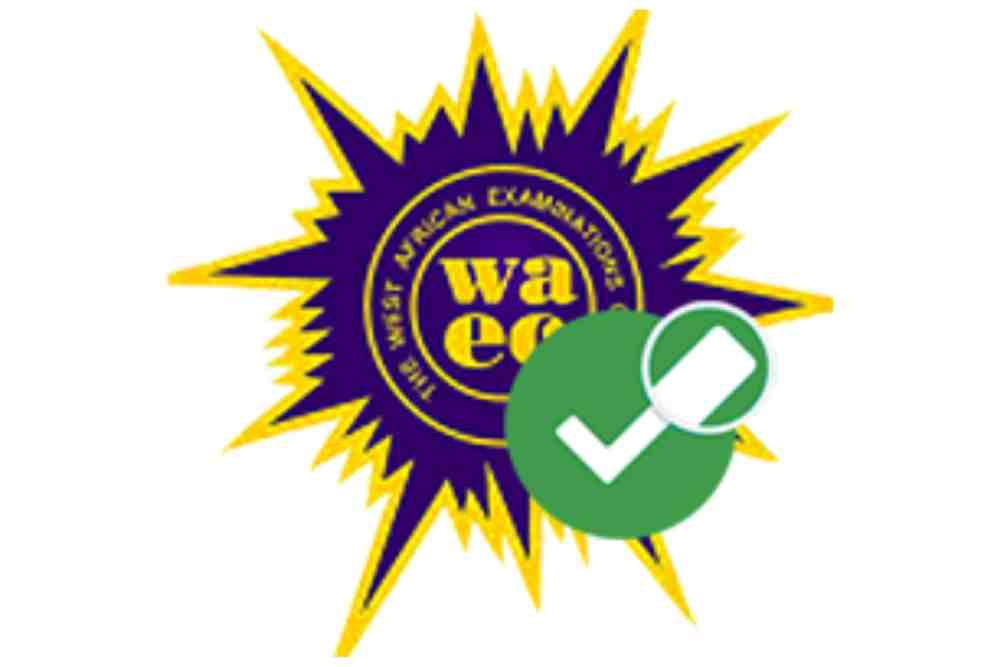The West African Examinations Council (WAEC) celebrated 70 years of its existence penultimate week. As part of activities to mark the event, Nigeria recently hosted the examination body’s 70th Council meeting in Abuja, which was held for five days – March 14-18, 2022. In his goodwill message to conference delegates, President Muhammadu Buhari urged the council to “remember the core values of excellence, integrity, professionalism, accountability and transparency that the body stood for.”
Founded in 1952, WAEC was established to conduct examinations at various levels of the education system in Anglophonic countries of West Africa, including Ghana, Nigeria, Sierra Leone, Liberia, and the Gambia. For seven decades, it remained one of the biggest and most globally recognised examinations bodies in the West African sub-region; independently conducting international and national examinations, and in few cases, in collaboration with other examining bodies or on their behalf.
For 40 unbroken years (1952-1992), WAEC remained the only examining body that conducted final examinations for primary and secondary schools in Nigeria. They include the National Common Entrance Examination (NCEE) for the final year pupils of primary education; the General Certificate in Education (GCE), ordinary and advanced levels for secondary students; the Teachers’ Grade Two Certificate (TCII) Examination for students of teachers’ colleges, and the City and Guilds of London Institute for students in technical schools. Due to the change in Nigeria’s education policy from 7-5-3 to 6-3-3-4, some of these examinations were gradually phased out or taken away from WAEC.
Because of the huge burden experienced in the conduct of several examinations in Nigeria and other countries in the West African sub-region, results began to take longer than necessary before they were released. The federal government, thus, thought of establishing national examination bodies, beginning in 1992 with the National Business and Technical Examinations Board (NABTEB) with a mandate to conduct a national examination that would replace the City and Guilds examination of London.
Thereafter, the National Examinations Council (NECO) came up in 1999 not as a substitute to WAEC but as another opportunity for candidates to write the WASSSCE. Rather than wait for a whole year to re-sit the same exam, NECO offers candidates who failed to make enough credit passes in WAEC another chance to write the same exam conducted by a separate examination body. Autonomy was also granted to the National Board for Arabic and Islamic Studies (NBAIS), which was established in 1960 by the government of the defunct Northern Nigeria, to conduct final school examination for Colleges of Arts and Islamic Studies (CAIS) in the country.
Today, the West African Senior School Certificate Examination (WASSCE) for private and school candidates remains the main examination conducted by WAEC. It yet conducts GCE on behalf of University of London as it also does on behalf of the Joint Admissions and Matriculation Board (JAMB) in countries outside Nigeria. Over three million candidates register annually for the exams conducted or coordinated by WAEC.
Fewer cases of examination malpractices were recorded when WAEC was the only examining body in Nigeria. The figures reported at the end of every examination season by NECO, NABTEB and NBAIS are individually alarming. The emergence of ‘miracle centres’, which showed how complex and organised exam malpractices have become in Nigeria, is a trend that became widespread within the past 20 years. Without necessarily being a consequence of multiplicity of exam bodies, key players in the examination environment including students, their parents, exam supervisors, invigilators and school proprietors are all culprits in the rising incidences of examination malpractices.
Parents no longer encourage their children to value hard work. Instead, they support their children in the search for shortcut to success either by paying mercenaries to write exams for their children or register them to write such exams at ‘miracle centres’. Schools become miracle examination centres when school proprietors charge exorbitant fees only to justify it by paying examination supervisors to look the other way when invigilators are helping students with answers during exams. School proprietors believe that high success rate in final examinations would attract parents to enroll their children into their school. We condemn every forged success achieved through a counterfeit approach. Students who don’t take their studies serious have never been deterred in their desperation to cheat in exams because sanctions by exam bodies do not go beyond the withholding of results.
WAEC’s zero-tolerance for malpractices such as de-listing of miracle exam hubs from the list of accredited examination centres has been its deep-seated strength over the years. While we congratulate WAEC for remaining credible and reliable in the conduct of examinations, we encourage it to sustain public confidence by upholding the ethical principles, professionalism and accountability that yet make it stand tall after 70 years of existence. Any institution that survived and remained reliable, relevant and efficient for seven decades is worth celebrating. Cheers to WAEC at 70!

 Join Daily Trust WhatsApp Community For Quick Access To News and Happenings Around You.
Join Daily Trust WhatsApp Community For Quick Access To News and Happenings Around You.


